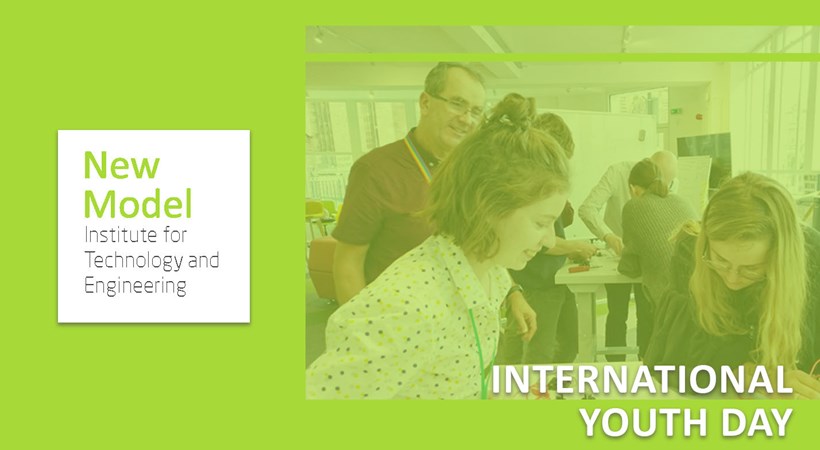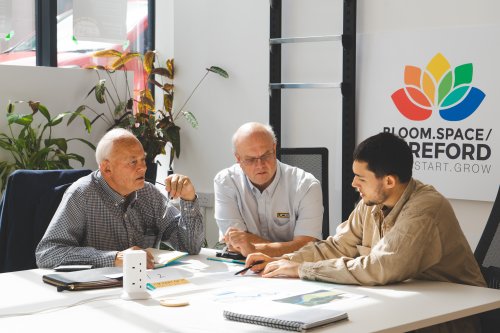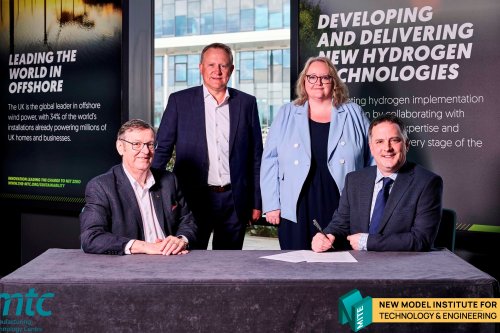It's officially International Youth Day 2020, and the theme is 'Youth Engagement for Global Action'. Honorary NMITE Professor, Peter Goodhew gives his thoughts on the importance of young people, and young engineers in particular, in solving some of the worlds most pressing problems.
'As a young lecturer, new to the world of public speaking, I was given a bit of advice: "Never underestimate the pleasure you give people by telling them something they already know". Fifty years later, I'm going to take the advice and base this piece on two things you already know.
The first thing you know is that today's teenagers will be around to work on the world's problems for the next fifty or sixty years. Then, as long as they solve the worst of these problems, they can expect to live with the solutions for another ten or twenty years. Four of these teenagers are my own grandchildren, and I would like to think of them living to 100.
The second thing you know is that almost all serious problems need the input of engineers to solve, or help to solve, them. We also know what some of the problems are - climate change, sea level rise, control of pandemics, supply of clean water, inequality, sustainability of resources - and we also know that there will be others although we don't yet know what they are.
Recently I have been excited to see first hand some of the ways in which young people can contribute to solving our problems. The first was at a conference addressing the contribution of engineering to the Sustainable Development Goals (SDGs). Teams of young engineers met together for just four days and worked on problems which they thought were important, from their own perspective. All of the results were impressive and some were surprising. One team identified the time and energy wasted by queuing for medicines in locations where there are very few clinics, despite the wide availability of smart phones. They developed an app which enabled patients to unlock small lockers without the need to queue, and thus released valuable time for other life-sustaining tasks such as the collection of water or firewood.
The second eye-opener was at a summer school in June, which because of Covid-19 had to be conducted entirely on-line across multiple time zones. The challenge for each team of young people was to design something to help dementia sufferers. At first sight dementia seems to have little to do with engineering, but as in many cases, the imaginative solutions demand the highest quality engineering. I saw teams designing touch-friendly gardens with audible reminders of the need to water the plants. This involved sophisticated moisture sensors combined with large visual displays - engineering meets communications. All the young participants had to learn about dementia (which - unless they find a cure - will eventually affect a third of them, and a third of the readers of this piece). They also had to learn to work with other young people in different time zones. How do you cope when you wake up with a great idea, but your team members are still asleep five times zones away? They found this stimulating, challenging, and fun! They are the future of engineering.'
Find out more about International Youth Day here.







